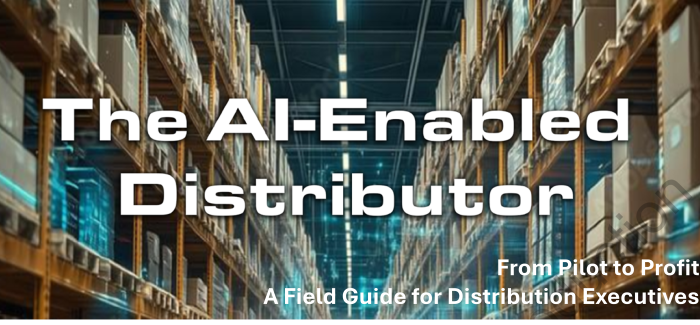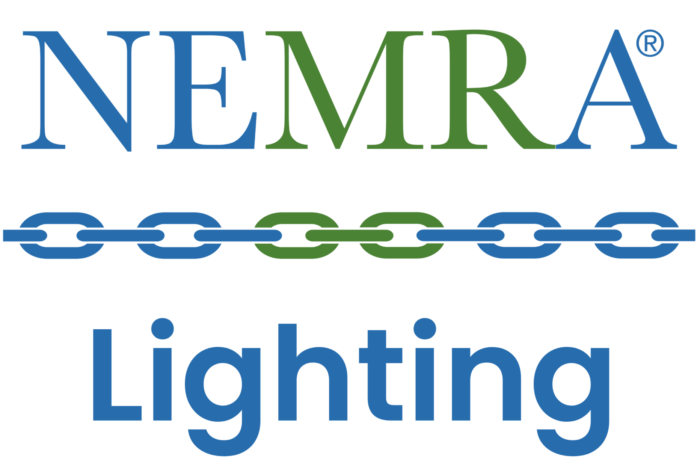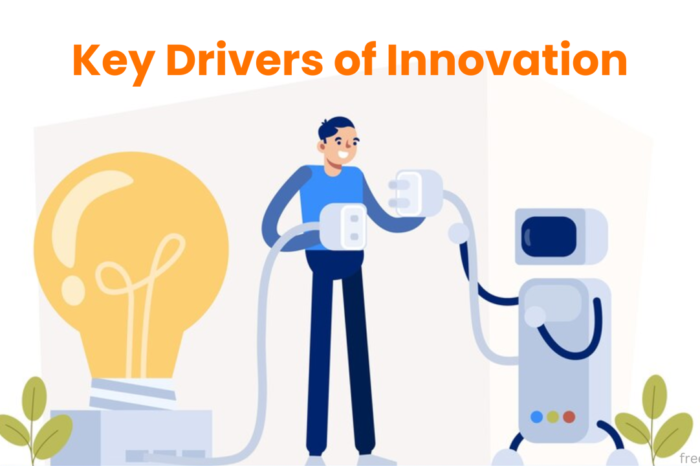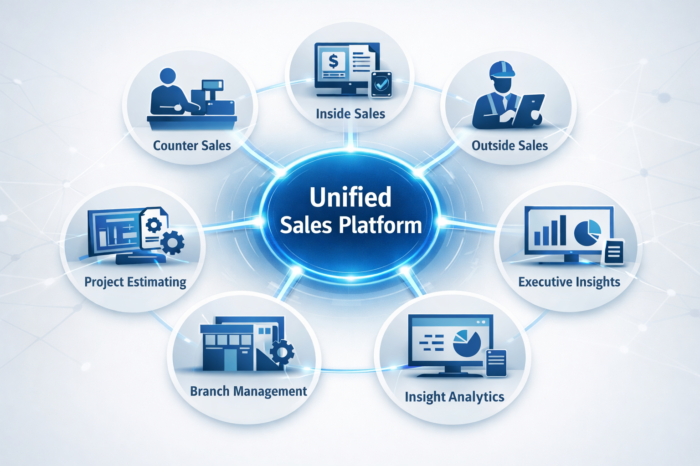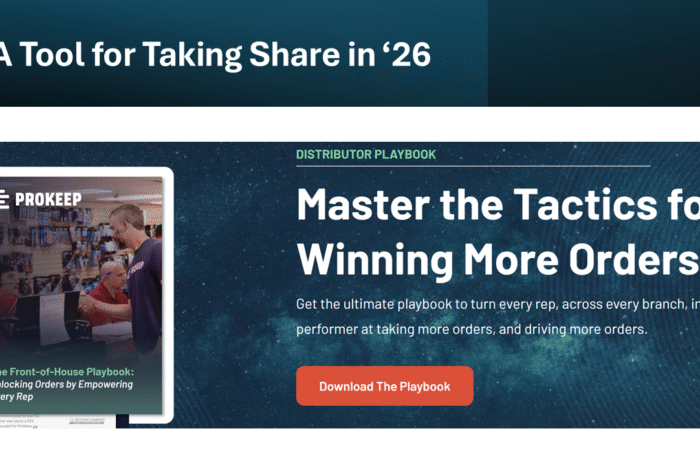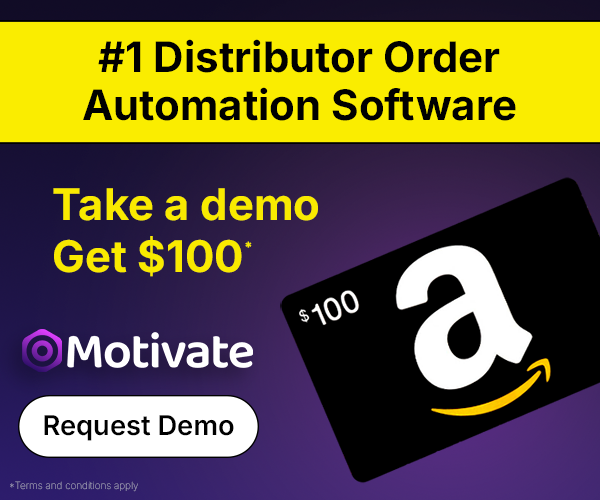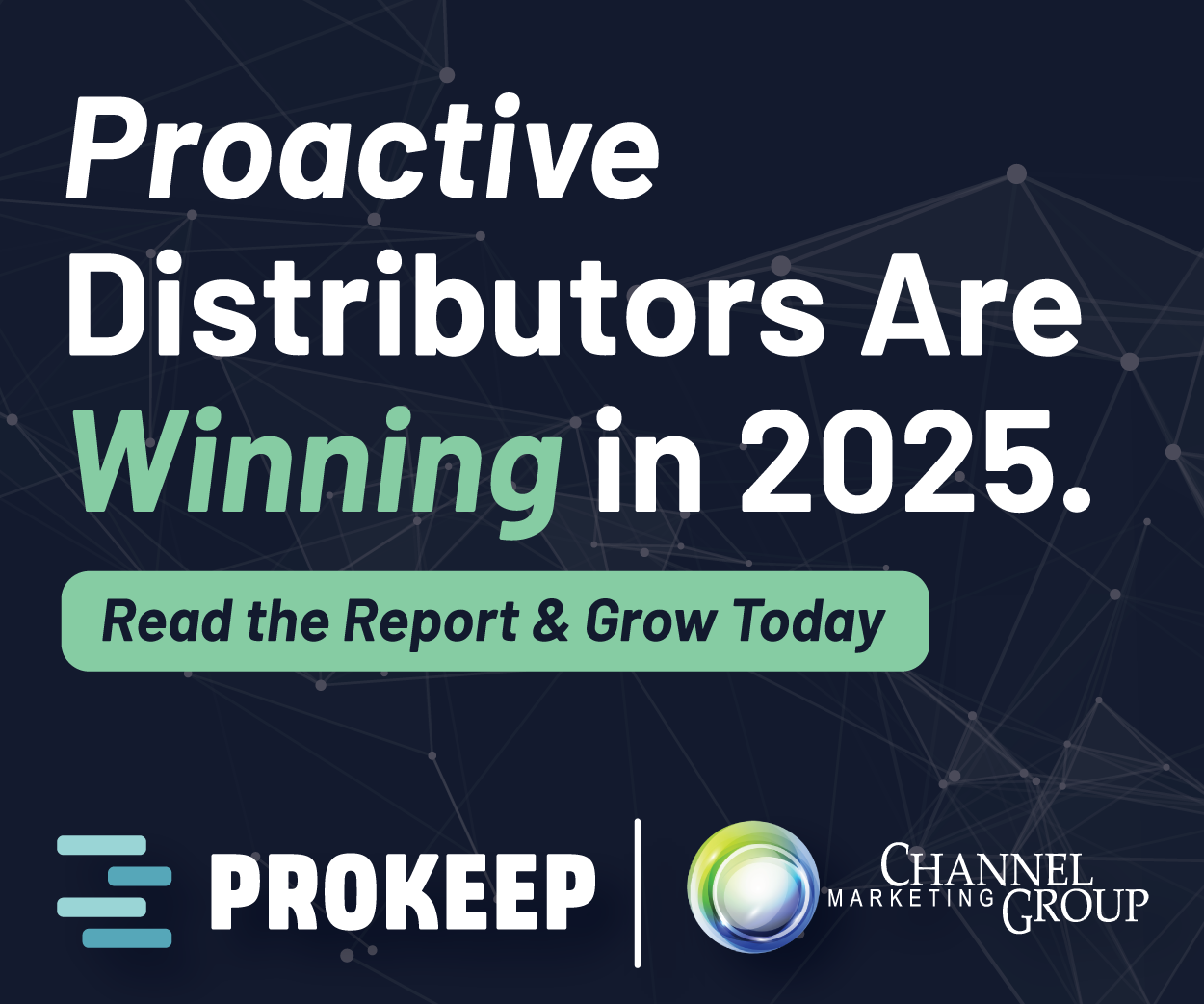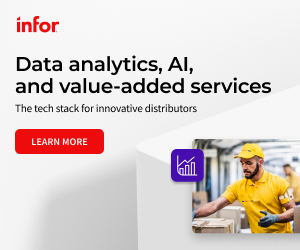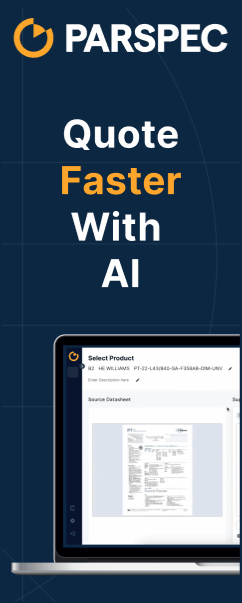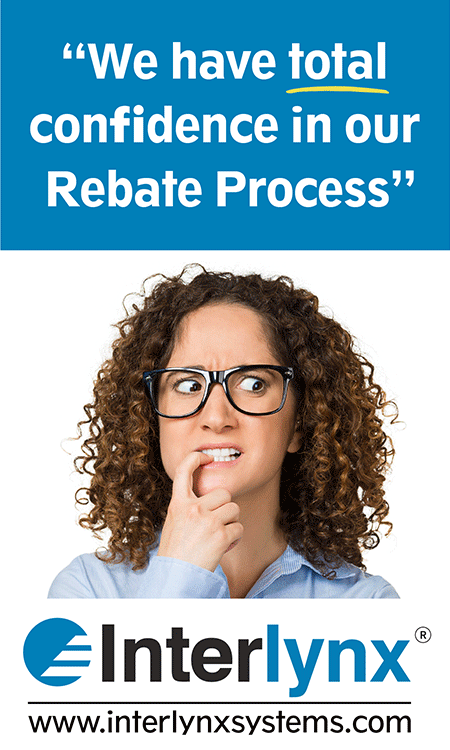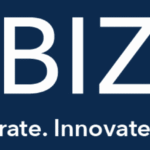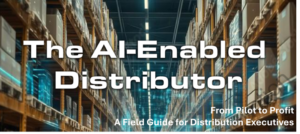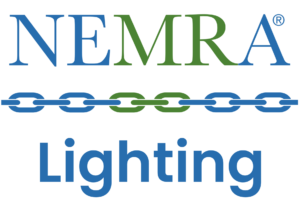Shared at eBiz 2025, IDEA on a Mission
 IDEA’s recent 2025 eBiz conference held earlier this month in Nashville brought together almost 160 people representing 20 distributor, 20 manufacturers, service companies, and IDEA’s staff.
IDEA’s recent 2025 eBiz conference held earlier this month in Nashville brought together almost 160 people representing 20 distributor, 20 manufacturers, service companies, and IDEA’s staff.
The conference expanded its contextual reach from talking data into the burgeoning topic of AI as well as some eCommerce and technology driven sales management. But data was also on the agenda.
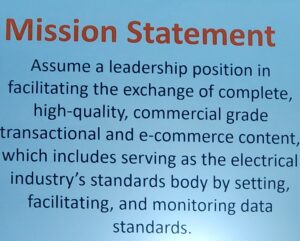 IDEA on a Mission
IDEA on a Mission
The conference started with Patrick Knight, IDEA’s President sharing an overview of some of IDEAs accomplishments but, more importantly, highlighting some of IDEA’s focus for 2026 which includes the HDM, Data Whispers and being easier to work with.
He shared that the HDM has 10M values normalized, 1.7M SKUs in the HDM and that it has mapped to other standards, including ETIM. Recognizing that data is an ever-living “being”, he asked “tell us what’s working and what is not.”
Data Whispers, introduced by IDEA over the summer, is a new service that helps companies monetize their data by making it actionable for its salespeople. Data, in this case, is the transactional information, the sales-driven information within a company, that typically resides in an ERP system and is output to a report. IDEA’s new service analyzes this information and makes it available to query by salespeople to give them insights to support sales calls. A number of distributors and some manufacturers are piloting the tool and reporting results.
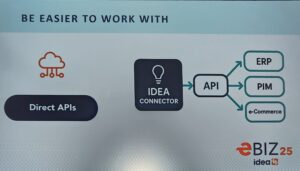 Patrick also shared that IDEA recently conducted a Voice of Customer survey. He shared some of the feedback and some of the initiatives that IDEA is undertaking to respond to distributor and manufacturer needs.
Patrick also shared that IDEA recently conducted a Voice of Customer survey. He shared some of the feedback and some of the initiatives that IDEA is undertaking to respond to distributor and manufacturer needs.
He also emphasized that IDEA’s mantra is “Doing More with Data.” Beyond passing through data, which was the company’s core mission dating back 25+ years ago, it now wants to help its customers “do more”, which inevitable means enabling companies to take data and convert it to information, knowledge, and “tools” to support their internal and external customers.
AI
On the AI front, Zack Kass, formerly of OpenAI, shared his insights on AI. Some interesting notes:
- The term AI was coined in 1954 … so, AI is now almost 72 years old! What helped unleash it for enhanced applications was the chat query format. Prior to that it was not overly user-friendly to interact with.
- He commented that “machine intelligence is gaining intellectual equivalence.”
- The cost of AI is “affordable” and is expected to further decline (in the terms of cost / token).
- He believes that the next evolution of AI will be Agentic AI where machines will be taking actions “independently” based upon preferences that people will either set or train the tool based upon their prior actions, hence, the agent becomes “trained.”
- A core competency for users (yes, us humans) will need to be critical thinking. This is something that companies should consider integrating into their training programs, their interviewing process, and stress in performance reviews.
- Kaas then expanded on what he believes will be societal impacts and shared some of his concerns relating to AI but stressed that AI has the potential to help people realize the potential of what they could do. AI is a productivity tool when used appropriately.
There was then an AI panel consisting of distributors and manufacturers. All are doing “something” but none talked in specifics other than to offer some advice which included:
- Do something.
- Run pilots but expect to fail before you succeed.
- AI projects should have an ROI in <18 months.
- Focus on customer (including employee) experience
- Monitor AI adoption and utilization by your users. If not used, understand why and be willing to “kill the project.”
- Have a sandbox of data to do experiments / pilots
- Hire for “curiosity.”
- Key to success is writing the right prompts
- Develop tools that are relevant to roles to ensure utilization.
- Have an AI policy
There was an interesting session where attendees started in a group at a table discussing an issue that potentially could be solved by an AI application. Then, based upon time, the concept was passed to another group to identify data needed for it, and then a third group further enhanced the concept. It was fun exercise of “pass the idea” and let others enhance it.
Are you Whispering with Your Data?
Every sales manager has the same problem. They brief every salesperson before every call on key customer insights. Nor can they get their salespeople to review reports prior to visiting a customer. The result is that not every sales call benefits from a salesperson being informed about customer dynamics (and yes, there are some salespeople that do this very well.)
IDEA’s Data Whispers helps sales management by offering a simple, yet powerful, tool that salespeople can access. The tool uses company data to help “build a better customer” in the words of Mark McGready and “makes salespeople more effective.”
Salespeople reach out to the platform prior to their call … sometimes from their car in the customer’s parking lot … share the customer that they are visiting, and the system sends them a text with up to 5 insights about their customer. It could relate to orders, profitability, operations, new products, pending items or other content … all which can drive a conversation with the customer.
If you are a sales manager without enough time to provide customer specific insights to your salespeople, learning more about Data Whispers could be the tool that helps you achieve 2026 goals … and it is system agnostic, so it works with any ERP or CRM system … or no CRM system! I’d suggest reaching out to Mark to learn more.
Data Quality
Everyone says that there are data quality issues. In some instances, the issue is legit as “garbage in, garbage out.” If there is an error in the input, it will be in the output. If it was missing in the beginning, it will be missing in the end. A big issue with the topic of data quality is defining quality.
Over time, the definition of quality has changed. IDEA started when data was needed for transactional purposes (hence information solely for ERP systems and to support supply chains). Then the unspoken request, which was then articulated, became the need for data appropriate for eCommerce. This has gotten better but continues to evolve. Now, data is becoming more strategic as it is sales data and product data because it is supporting transactions, eCommerce, analytics and AI initiatives.
The IDEA team held a number of breakout sessions on data quality that were well attended by distributors and manufacturers. They plan to take the user-generated insights to then operationalize many of them and, in the words of Patrick, “make IDEA better to work with.”
Other topics
Mark McGready did a session on Rethink Customer Account Strategy which related to using data to identify customers that can be grown and those whose profit can be improved. The key was his analytics that produced bubble charts to graphically identify opportunities. While he recommended doing this at the company level, taking it to a salesperson level and integrating “time spent” (number of sales calls) would be interesting.
And, as you would expect, there were other sessions that I could not get to. These included sessions on EDI, API, selling to the next generation (especially via social media on Trade Hounds.)
Take Aways
I get asked the question, “was going to eBiz worth it?”
This was the first eBiz I’ve attended as prior ones appeared, perhaps were, more product data-oriented, more “technical.” I’ve been involved in product data for the electrical industry since IDEA was initially conceived. When I was with IMARK we invited some of the founders of IDEA to an IMARK meeting and, from that, 34 IMARK members became IDEA members. I was on IDEA’s first Marketing Committee. At SourceAlliance.com I was involved in developing a consulting practice on product data development, a service we sold to manufacturers. And I was involved in the founding of ETIM North America and served on the Board for 5 ½ years. Because of the founding of IDEA, the electrical industry is much further ahead of other construction and industrial industries … because we’ve had, and have acted upon, the need for product data.
Could it be better … yes, product data can always get better, and it can always be easier to obtain / ingest. But it could also be much worse. Remember, it is easier to be one’s own worst critic.
The introduction of broader technology topics, in this case AI, made this conference appealing to me. About 1/3 of the attendees were more commercially-oriented. There are still many data-oriented / IT-oriented people, but it was good evolutionary start. With technology becoming more critical to the success of distribution, eBiz will become more valuable to the channel.
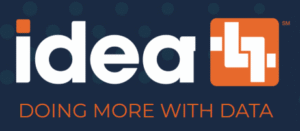 And yes, more could have benefited by attending.
And yes, more could have benefited by attending.
As Patrick said, IDEA is on a mission … to do more with data.


